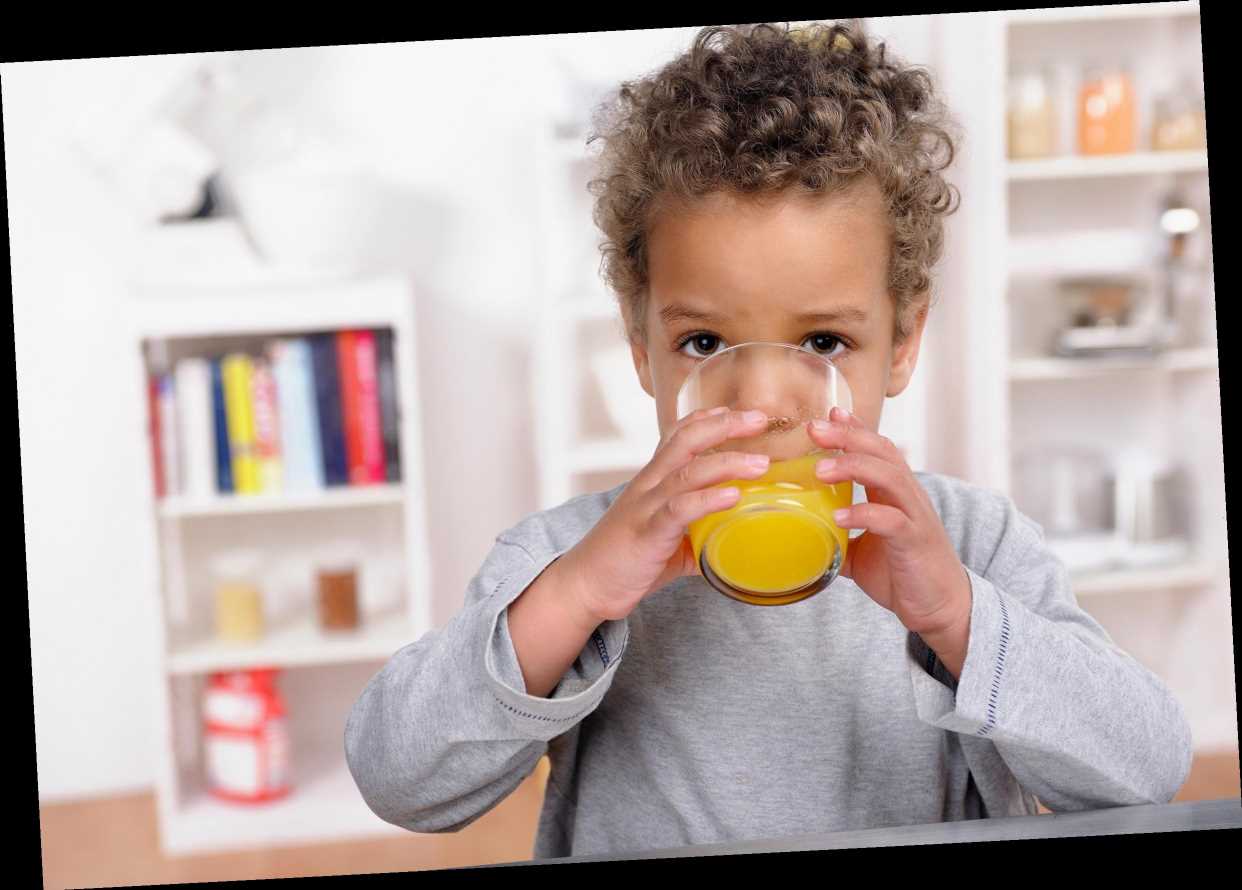A new study conducted from 2011 to 2016 has revealed that almost two-thirds of babies and nearly all toddlers consume added sugars on a daily basis, despite expert recommendations.
Published this week in the Journal of the Academy of Nutrition and Dietetics, the data — led by Kirsten Herrick, from the cancer control and population sciences division at the National Cancer Institute — found that nearly 85 percent of children of toddler and infant age “consumed added sugars on a given day.”
In toddlers (children ages 12 to 23 months), that number was 98.3 percent. Black toddlers consumed the most added sugar in the studied demographics, at 8.2 tsp. per day, while Asian toddlers came in lowest, at 3.7 tsp.
In the babies group, researchers found that 60.6 percent of children aged 0 to 11 months ate added sugar every day. (Demographic data for the infant study was not available.)
“The most important thing to take away is that added sugars are everywhere,” Herrick told The New York Times about her team’s findings. “What is surprising is how added sugar quickly exceeds the recommended daily amounts.”
Never miss a story — sign up for PEOPLE’s free daily newsletter to stay up-to-date on the best of what PEOPLE has to offer, from juicy celebrity news to compelling human interest stories.
Gisele Bündchen Gave Her Kids’ Halloween Candy Away: “I Let Them Try One”
In a set of guidelines published this past March, the American Academy of Pediatrics recommended that parents should “avoid serving food and drinks with added sugar to children under 2 years of age.”
They also urged limiting 100 percent fruit juice, which “has more sugar per serving than whole fruit.” Specifically, “The AAP recommends no more than 4 ounces of 100 percent fruit juice a day for children ages 1 through 3 years; 4 to 6 ounces for children ages 4 through 6; and 8 ounces for children ages 7 through 14.”
“Do not give fruit juice to infants under 1 year old,” the AAP said, while the American Heart Association provides a similar guideline in an article published just this past September: “Children younger than 1 should avoid juice, even 100% fruit juice.”
Herrick echoed these recommendations in her conversation with NYT, saying, “There is no reason to provide sugar-sweetened beverages” to children under age 2. She added, “They need nutrient-dense foods.”
She also spoke with CNN, pointing out, “The consumption of added sugars among children has been associated with negative health conditions such as cavities, asthma, obesity, elevated blood pressure and altered lipid profiles.”
“Whether these associations exist for even younger children hasn’t been studied,” Herrick told the outlet. “The aim of this study was to focus on one aspect of diet — added sugars [and] consumption among U.S. infants and toddlers — that could inform the dietary guidelines.”
Source: Read Full Article


